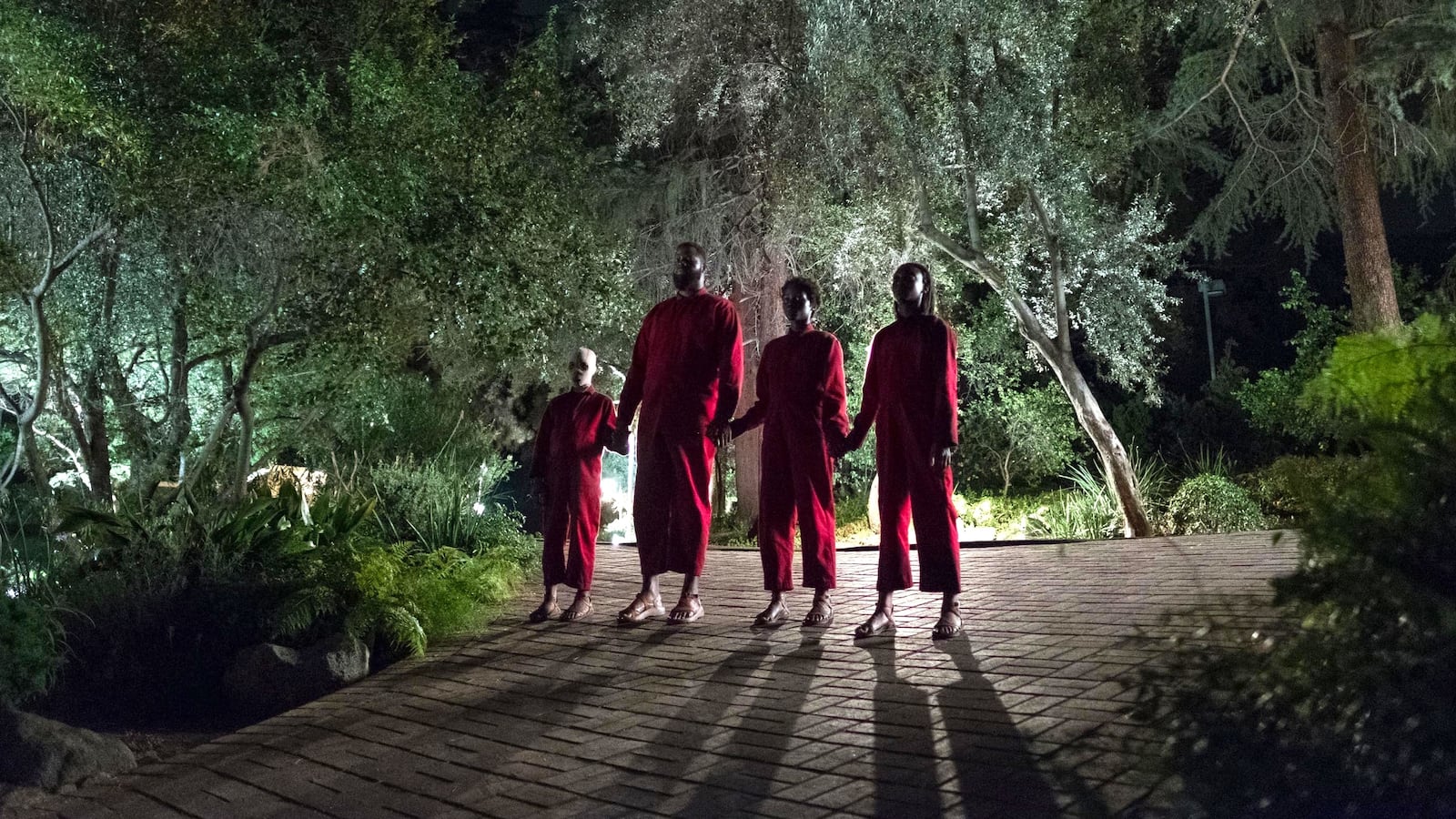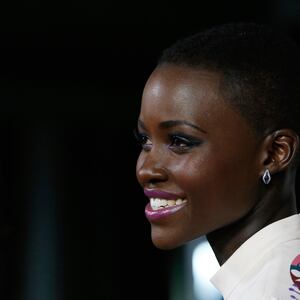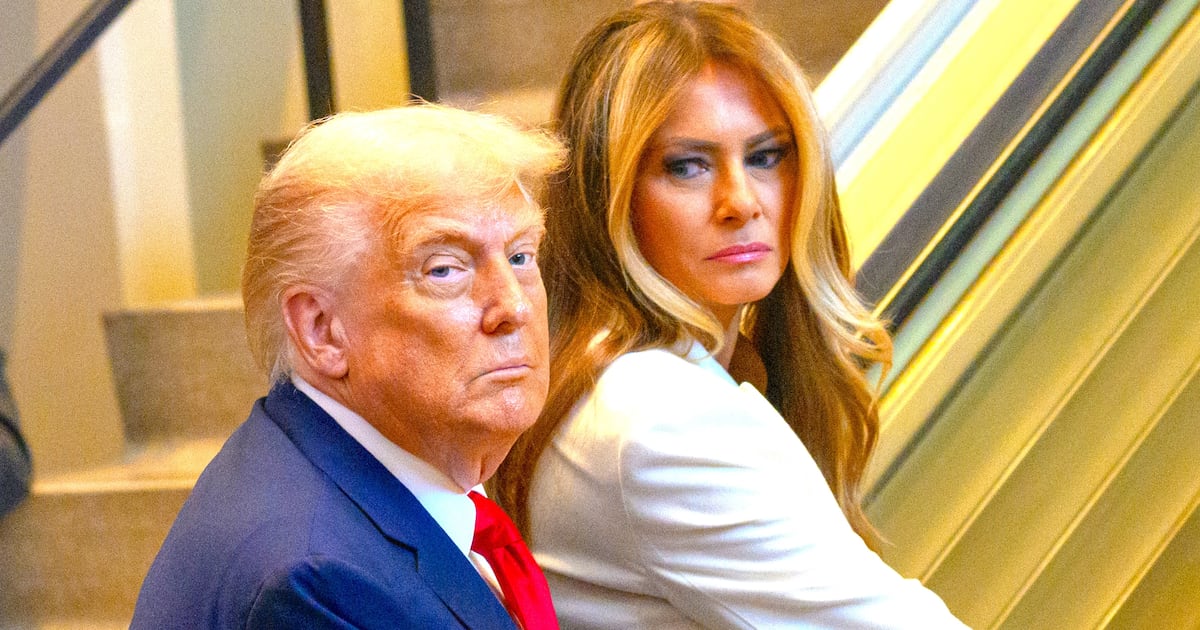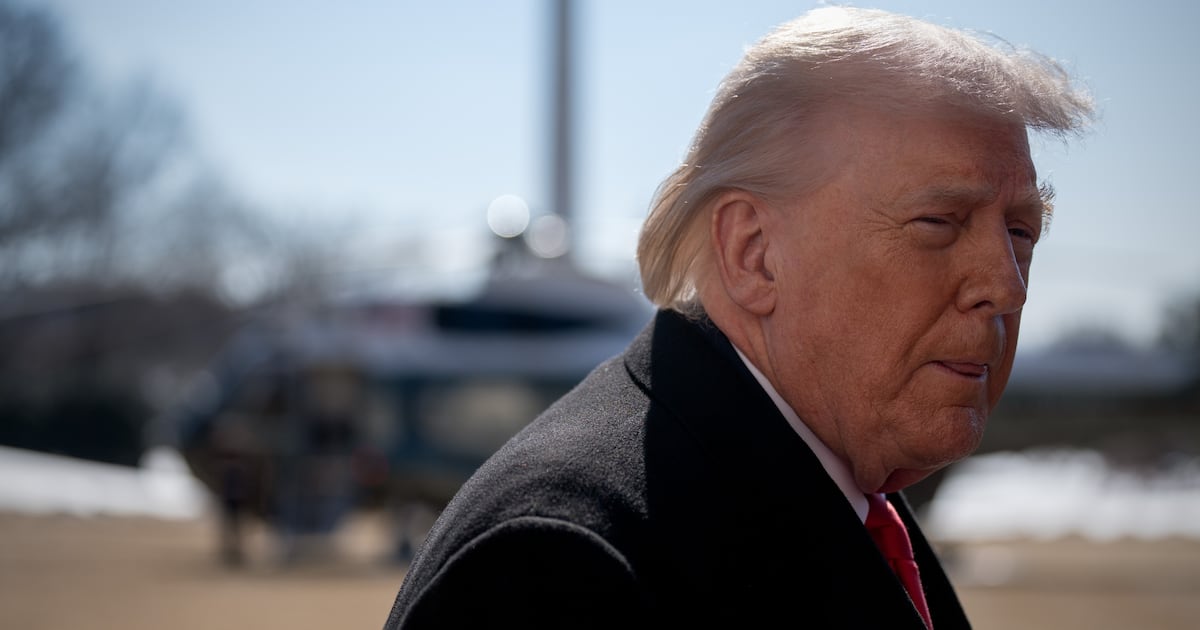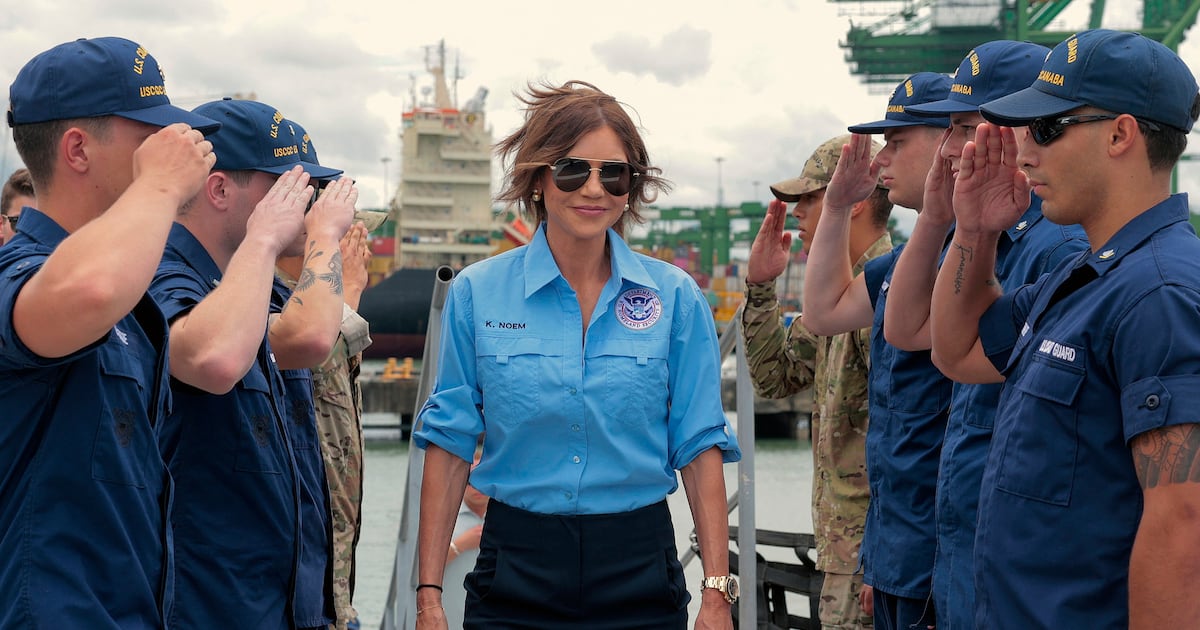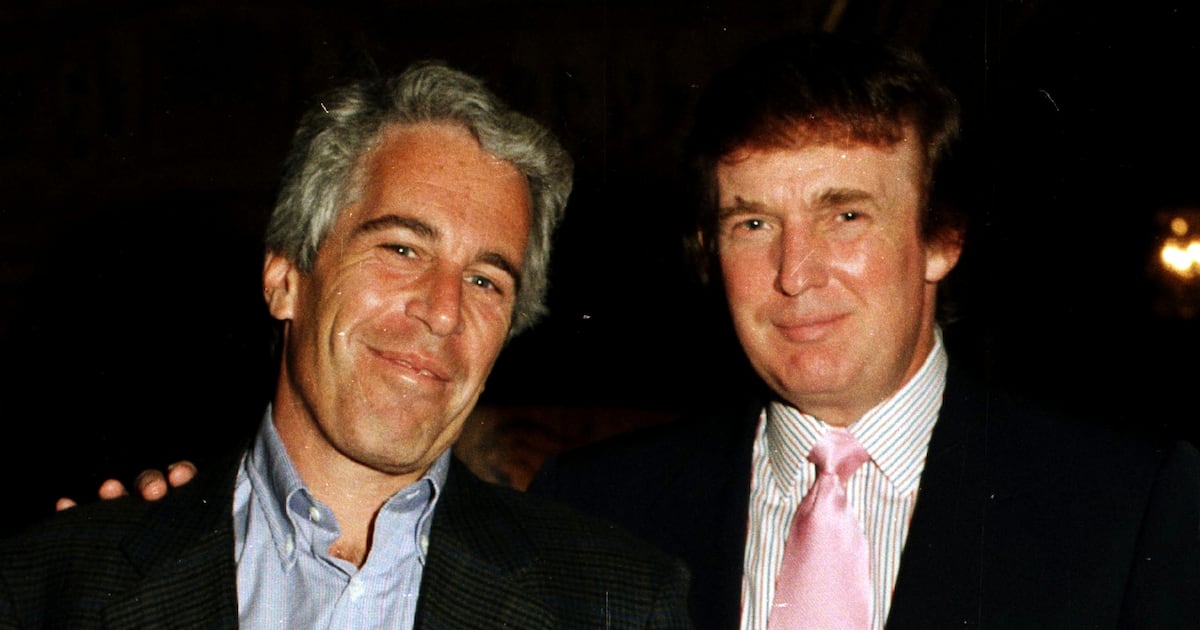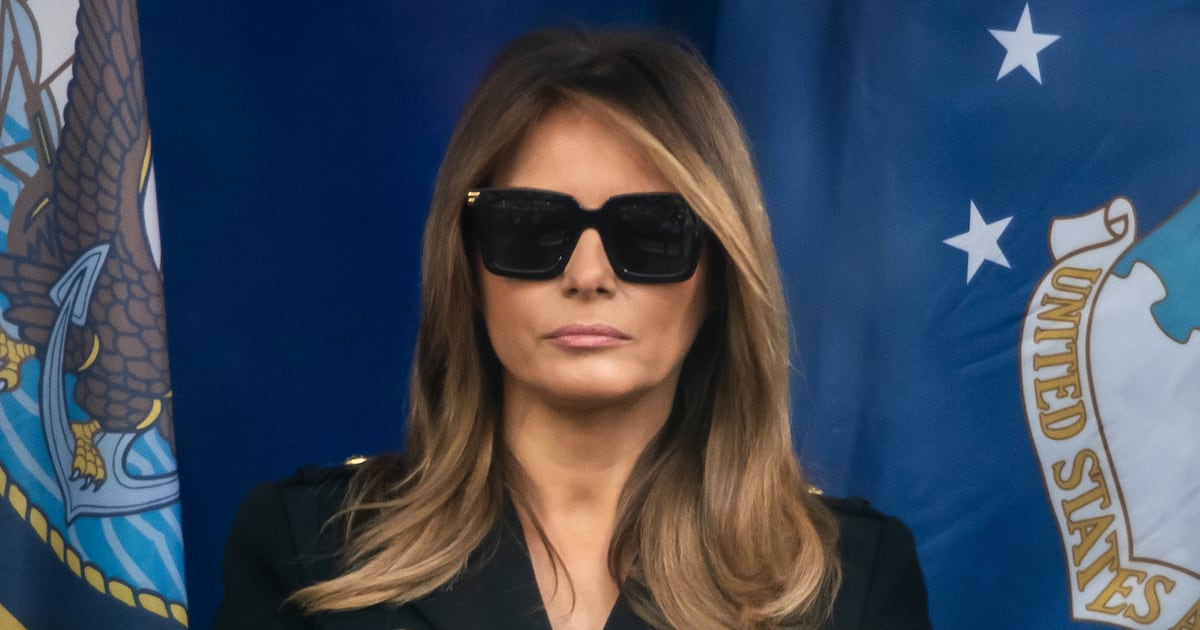AUSTIN, Texas—How could Jordan Peele possibly make a film that measures up to Get Out? That’s the brilliance—and maybe also the disappointment—of Us: he doesn’t even try to.
Us, the writer-director-producer’s follow-up to 2017’s Oscar-nominated phenomenon, is a horror-thriller rife with sharp, uncomfortable social commentary, thus superficially treading in familiar territory as the one that birthed The Sunken Place.
But the film, which debuted at SXSW to a crowd that was living for every second, succeeds because of the almost Spielbergian glee it takes in being a traditional, jump-scare, laugh-out-loud, horror movie. It’s the ways in which it’s not “The Next Get Out” that make Us so remarkable.
The ambitious film, which had been shrouded in secrecy, sees Peele once again using the language of horror to say something about where we are as a society. But that commentary manages to be neither as obvious nor as nuanced as that in Get Out. While provocative, it doesn’t quite stick the landing this time.
(Congrats if you had money on Jordan Peele’s Next Great Film riffing on 1986’s bizarre “Hands Across America” homelessness awareness campaign. Peele joked after the screening that he was “looking out at a sea of people being like, hmm...the fuck?” He wasn’t wrong.)
It’s a disappointment to report, and something we feel almost sheepish doing, because the experience of watching the film is such an enjoyable one. It’s a popcorn blockbuster of the highest pedigree; a crowd-pleaser with enough craft and care to be ruled art-house if it wasn’t obviously going to be such a big hit.
Us opens in 1986, with a young girl named Adelaide at a boardwalk carnival with her parents. She wanders off and finds herself in a mirror maze, only to discover that around one corner is not her reflection, but an actual girl who looks and moves exactly like her. Peele stages this prologue with enough sinister tension to give It a run for its money. You’re enough scarred by it that, when we meet up with Adelaide 30 years later in the present day, now played by Lupita Nyong’o, you understand why she’s spent the last three decades suppressing the memory.
Adelaide is on vacation in Santa Cruz with her family: husband Gabe (Winston Duke), daughter Zora (Shahadi Wright Joseph), and son Jason (Evan Alex). She begrudgingly agrees to let the family spend a beach day with Gabe’s friends, the Tylers (Elisabeth Moss and Tim Heidecker), a hilariously entitled couple that plants the seeds that we may be in for an allegory on class and privilege. But that lesson ends early. Adelaide drags the family back home—where all hell breaks loose.
“There’s a family in our driveway,” delivered by Alex’s Jason, may become a classic horror line. That’s literally what happens: a family of doppelgangers stand in the driveway of their vacation home, their menacing red silhouettes proving a gloriously eerie sight.
The doppelgangers take over the house and begin to psychologically torture the family. Certainly, you think, they are going to try to kill them, and try they do. It’s all that much scarier because you haven’t the slightest idea why they’re there. Your nightmares run wild wondering where these people came from, what they’re capable of, and what they’re after. It’s almost a letdown, then, when you actually learn the answers to those questions.
When Adelaide asks who they are, her doppelganger replies, “We are Americans.” You could sense half the audience leaning in with an intrigued “hmm…” and the other half struggling not to roll their eyes.
Commentary-wise, there is a lot to unpack here. In order to do so, we would have to explain crucial twists in the plot, so we’ll abstain. But the interesting thing about Us is that the unpacking seems almost unnecessary. The commentary is there, sure. But its initial ambiguity is more effective than the long-winded explanations that pour in during the final act.
The doppelgangers, referred to as “The Tethered,” represent the Others—those in society we fear, often baselessly. It may be immigrants. It may be the 1 percent. It may be another race. It may be those who vote differently from you. As Peele told the audience after the screening, “We’re all out pointing the finger, but maybe the monster has our face. Maybe the evil is us.”
In hindsight it makes sense, sure. But there’s a bit of a remove here, whereas the themes and questions of Get Out were so confrontational they embedded themselves under your skin.
Us arrives mere weeks before Peele’s much-anticipated Twilight Zone reboot. And as thrilling a cinematic experience as the movie is, as the plot wears on—and wears thinner—you wonder whether the script’s conceit may have been better suited for an episode of that anthology series.
There will be plenty of thinking and dissecting of Us, and it deserves it. But it’s interesting that it succeeds so well as a great thriller on its own, divorced from any of the “importance” that will be assigned to it.
Peele is a master working in his wheelhouse here. He knows what tenets of the genre will trigger you and which will make you groan, and he manipulates, exploits, satirizes, and celebrates that. More so here than with Get Out, he’s happy to just play in those tropes. So much of Us is an out-and-out horror blockbuster—and maybe one of the best we’ve gotten in years, at that. But it’s a thrill ride that goes off the rails, dinged by its own ambition.

The majority of Us plays out like a classic survivalist film—those always gratifying, typically ridiculous exercises in “how much can a protagonist possibly endure, how many lives do they have, what twists could we throw at them as they limp, crawl, heave, and claw their way to safety.”
Lupita Nyong’o delivers a tour de force here, invoking Ellen Ripley. Playing brilliantly off her is Winston Duke, a formidable actor whose size dictated his breakout Black Panther performance, and who here adds exhilarating layers to the dorky dad leading man trope that, in a fair world, would catapult him to the top of Hollywood’s most exciting comedic actors.
As a writer and director, Peele gets a lot of praise for his satire, but he’s also matured into a masterful filmmaker. His camerawork is maybe the most important character in Us, a kinetic force when he wants to thrill, move, and throw the audience off-kilter, or unsettling in its stillness.
After the screening, Peele was asked about how his work doesn’t fit easily into genre boxes. As such, all the talk about horror, suspense, and allegory shouldn’t overshadow Us’ greatest strength: its humor. Peele knows better than most how the camera can be the best delivery of a joke.
A Jordan Peele film is a sensory experience. Any number of frames from Us could vie for a #OnePerfectShot meme, but there’s a cheeky use of sound—maybe the most crucial element to a great horror film—that’s perhaps more impressive here. Wild cinematography, wild dialogue, wild twists, and wild music (there’s a “Fuck Tha Police” music cue that should go down in history) are working together here to recreate that throwback cinematic experience. That thing where watching a movie is an active task.
You jump. You laugh. You jump, and then laugh at yourself for jumping. You squirm, shift, lean in, and slink back in relief. The hooting, hollering, and raucous audience response is so integral to the enjoyment of the film it should be part of the score. The challenge, of course, is earning it. A game festival crowd helps on that front. But we expect anyone who makes the wise choice to see this in a theater—the more crowded, the better—will feel similar electricity.
Us is far from perfect. Thank God. That’s what makes it so fun.

